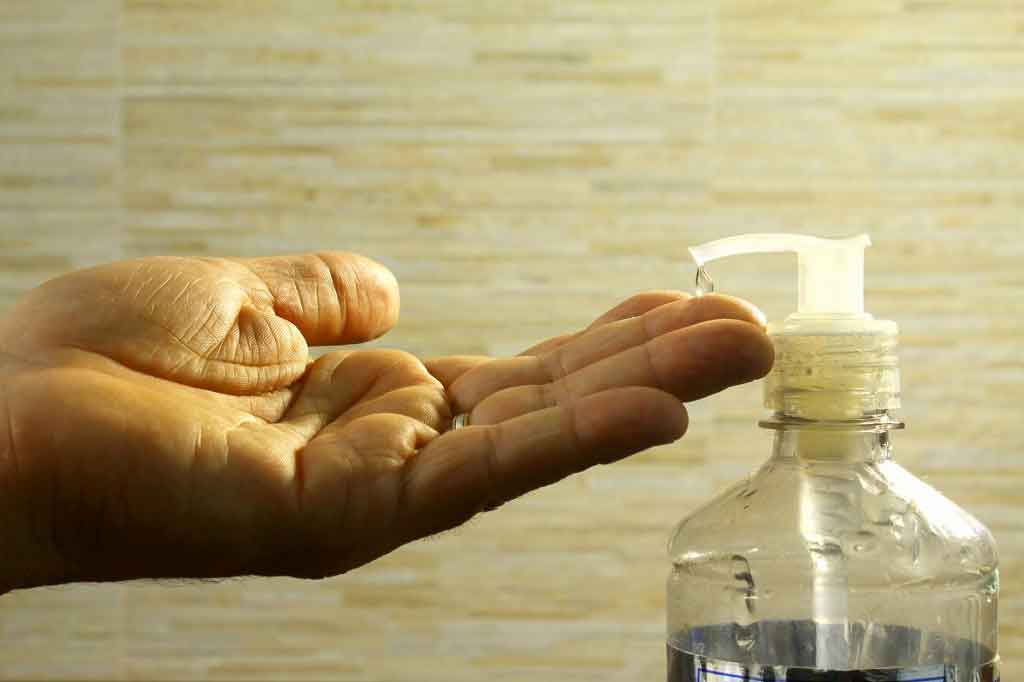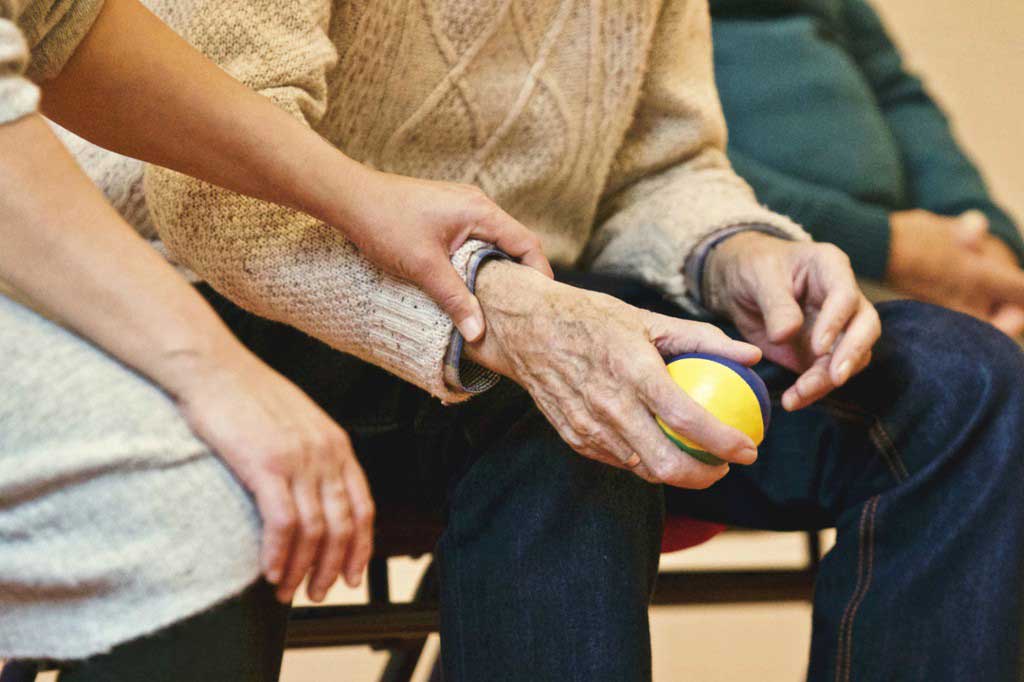Report highlights home care failures
Older people
A number of elderly people are being let down by home care services, an enquiry by the Equality and Human Rights Commission has found. The commission reported that around half of the older people...
A number of elderly people are being let down by home care services, an inquiry by the Equality and Human Rights Commission has found. The commission reported that around half of the older people and relatives interviewed were highly satisfied with their standard of care. However, in a minority of cases there were significant lapses in the care some received.
Among the problems reported were older people being left unwashed, denied assistance with eating and without a say in the way they were treated. In a few isolated cases, elderly patients reported physical abuse and having money systematically stolen.
The report is one of a series of damning examinations into elderly care to be published in recent months. Investigations by the Patients’ Association and Care Quality Commission (CQC) both found major lapses in medical care for the elderly.
It is important to stress that this report, like other recent investigations, found that the overall standard of care was good and that these types of incidents are not necessarily widespread. However, the CQC has said people have a right to expect a certain standard of care and that it wants to ensure that all elderly people are being treated with dignity and respect. Earlier this week the regulator launched a major inspection programme to monitor home care services for the elderly.
Why was the inquiry performed?
The Equality and Human Rights (EHRC) says that a great deal of attention has been paid to the human rights of older people in institutional settings such as hospitals, and residential and nursing care, but that there is a significant risk that older people could have their human rights infringed while receiving care at home.
To assess the situation the EHRC examined a broad evidence base gathered from 1,254 individuals, local authorities, care providers and other organisations across England. As is the case with all surveys of this type and size, there is the potential that the results do not accurately reflect what is happening across the wider population.
What experiences does the report highlight?
The EHRC says many older people reported being highly satisfied with their home care and that good quality home care has undoubtedly had a hugely positive impact on their lives.
The report noted though that while they may not be typical of the standard of care on offer, several people reported concerning lapses in home care, including those that may breach their human rights. Below is a selection of these comments and experiences.
Support with food and drink
In one particularly bad example a 76-year-old woman with advanced cancer had to struggle across the room to heat her own food, as her care worker said she could not use the microwave due to ‘health and safety reasons’. The EHRC contacted the Health and Safety Executive, which said that it could see no reason why workers could not heat meals in a microwave.
There were also a number of reports where older people had experienced severe weight loss and dehydration because they did not get the support needed for them to eat.
Physical abuse
A small number of people surveyed highlighted instances of intentional physical abuse, most often rough handling or unnecessary physical force.
One 78-year-old woman said: “Rather than say ‘sit in the chair’, they’d push me back into the chair, that sort of thing, and I didn’t like that… It was only on one occasion – I recognised it as a push. She wasn’t nice at all… I couldn’t do anything about it. I can’t even walk and I think they know this you see; they know you’re vulnerable.”
Neglect of personal care
In a number of instances care workers did not perform the tasks set out in people’s care plans, which often feature just the basic tasks needed to ensure physical wellbeing.
The daughter of a woman in her 80s said: "One time carers decided not to do any of her washing any more, even though [it was included] on [her] care plan, leading to my mum being left in filthy nightwear and clothes and bedding.”
Another woman described how care workers often rush their work or leave early, leaving her mother “in distress, dirty and without water and food”.
Patronising or ignoring older people
At times, the way care workers addressed people was condescending, patronising or ignorant of elderly people as individuals: “Some staff ‘talk down or shout’ at my mother thinking they will ‘get through’ to her by doing so. She is an intelligent woman and isn’t hard of hearing.”
Financial abuse and theft
Groups assisting with the report, such as Action on Elder Abuse, said they had seen a number of examples where care workers had systematically stolen from elderly people, particularly those with dementia.
However, on a positive note there were instances where care workers had protected vulnerable people from being financially exploited, such as a case where an older man was having two friends take money from his pension while pretending to assist him with banking and shopping.
Lack of control and flexibility
At times people receiving care said they felt they were treated like a task rather than as a person, or not given assistance with tasks of true priority. For example, some reported being put to bed in the afternoon due to a lack of evening care slots, and in one case, a woman was refused help getting off the toilet by a worker who had instead used her appointment time to prepare the woman a sandwich.
Lack of personal sensitivity and privacy
At times people found care workers lacked awareness of people’s cultural or personal backgrounds. For example, one older gay man with dementia said he decided to stop receiving care “because of the homophobic reaction of care staff”, and many Muslim people felt they could not be sure that the prepared meals they received were genuinely Halal.
What solutions have been recommended?
The EHRC’s extensive report looks at a range of measures that could ensure better care for the elderly. Among the suggestions made by the CQC:
- The introduction of improved legal protection for older people, particularly the closure of a loophole that means that home care is not subject to the Human Rights Act in the same way residential care is.
- Greater consideration of the impact services will have on people’s human rights when they are being designed and commissioned. The EHRC points out that even though budgets are shrinking, many local authorities have already redesigned the way home care is delivered to make the most of the money they have and ultimately improve the standard of care elderly patients receive.
- Better guidance for older people and their families to ensure they know their rights and how these should be protected.
Having recently examined standards of hospital care for the elderly the CQC announced a major programme of inspections to assess the standard of home care for the elderly. In its role as an independent regulator of health and social care, it will start its inspections in April next year, and will scrutinise the support administered by around 250 care agencies across England.
What can I do if I am unhappy with my care?
- Make sure you know your rights. The EHRC says that most older people have little or no understanding of how home care works or what their options are. If you are a carer you can find more about home care on Carers Direct or by calling Carers Direct on 0808 802 0202.
- Make an informed choice. Many older people feel that they have had no choice over their home care provider, especially if it has been changed. Not only can older people make choices of who their home care is provided by, they can also choose to take local authority funding to hire their own home help (for example, through a direct payment). For more information, see Choosing your own support on Carers Direct.
- Make sure you know who to complain to and how. The EHRC says that older people commonly endure distressing treatment that in some cases breaches human rights legislation. Complaints about care can be made directly to the home care provider or to the local authority. These can then be taken on to the Local Government Ombudsman. People who pay for their own care (self-funders) can complain directly to the ombudsman. You can find out more about local authority complaints on Carers Direct.






 Subscribe
Subscribe Ask the doctor
Ask the doctor Rate this article
Rate this article Find products
Find products








